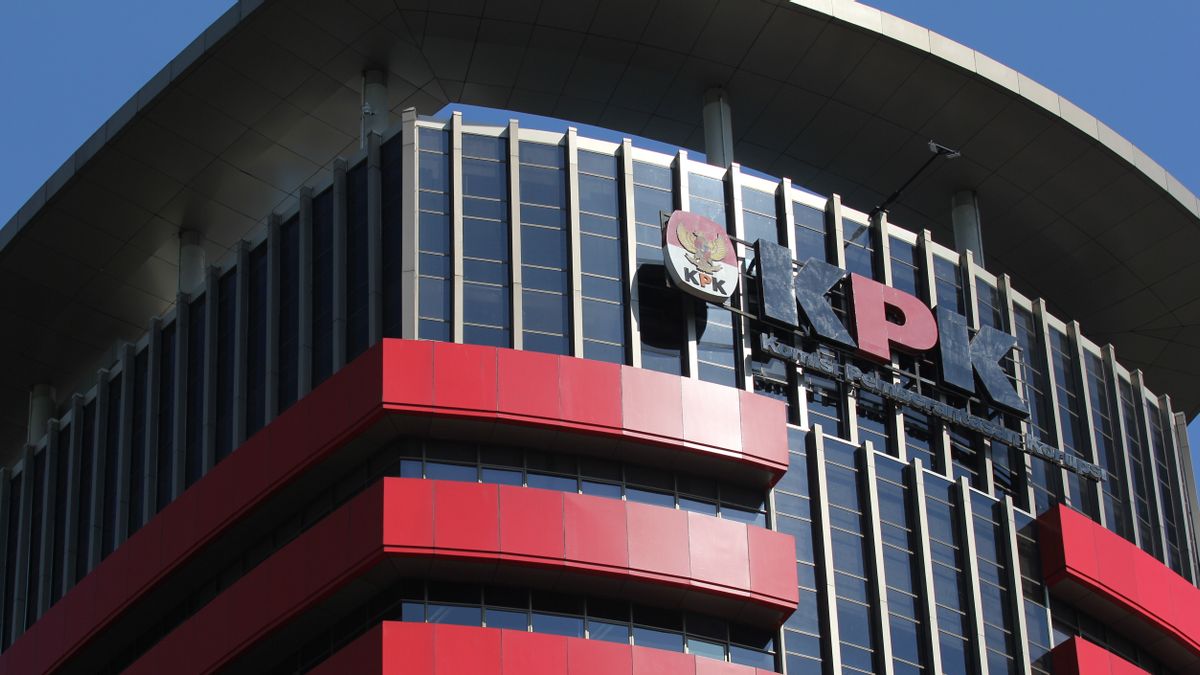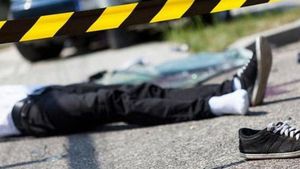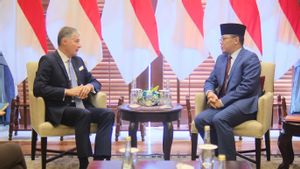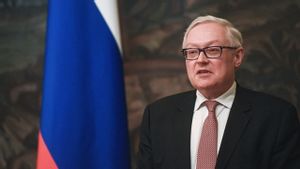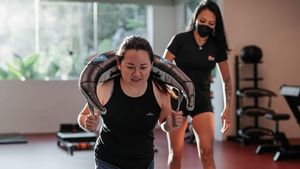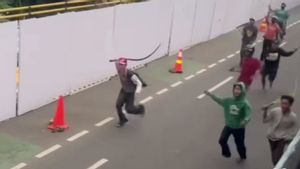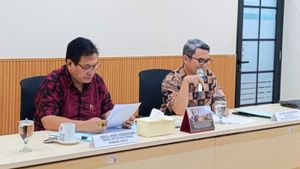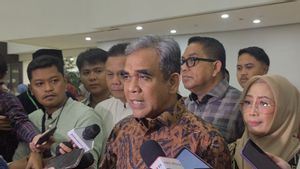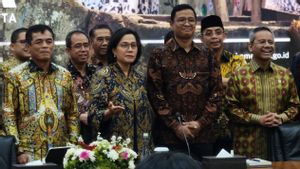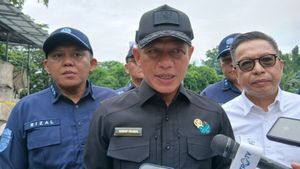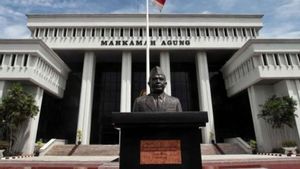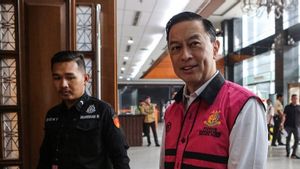JAKARTA - Since its establishment, the Corruption Eradication Commission (KPK) Supervisory Board has often received negative views from a number of parties. This council was formed as a result of the revision of the Corruption Eradication Commission Law Number 19 of 2019. This council consists of five members and was inaugurated by President Joko Widodo on December 20, 2019.
This negative view emerged because of the assumption that the Supervisory Board would weaken and slow down the work of this anti-graft agency. This is because every act of wiretapping, search and confiscation must be carried out with the permission of the council.
The negative stigma about the board chaired by Tumpak Hatorangan Panggabean and four other members, namely Albertina Ho, Artidjo Alkostar, Syamsuddin Haris, and Hardjono, became even more intense after the corruption case that caught the former commissioner of the General Election Commission (KPU) Wahyu Setiawan.
The five of them are considered to be the reason for the slow pace of the KPK in conducting searches in a number of places that are suspected of being related to bribery cases related to the interim replacement (PAW) of the DPR RI.
The Chairman of the Tumpak Hatorangan Supervisory Board clarified that every act of wiretapping, searches and confiscation did not take long, as the public imagined. Because, the signing process is carried out 1x24 hours after the letter is submitted.
He gave an example, the process of granting permission to search Wahyu Setiawan's office at the KPU building, Jalan Imam Bonjol, only took a few hours and did not take long. According to him, the accusation by the Supervisory Board of slowing down the process of eradicating corruption cases is nonsense.
"Don't worry. People nonsense says that death prolongs (the work of the KPK). There is no such thing, nothing. For example (searches) at the KPU only took a few hours," said Tumpak to reporters at the Anti-Corruption Education Center Building, Jalan Rasuna Said, South Jakarta, Tuesday, January 14, adding that the existence of a supervisory board within the anti-corruption agency actually keeps them working according to procedures.
He also said that the Supervisory Board had met with the KPK Deputy for Enforcement and the public prosecutor (JPU) to discuss the issue of permits for wiretapping, searches and confiscations. Tumpak added that even if it was a holiday, he and his colleagues were ready to give permission letters if needed.
"We have agreed on the procedure for requesting a permit, how to issue a permit and that does not hamper it at all," he said.
This former KPK commissioner volume I explained that the mechanism for issuing the permit was only a sheet with the location of the search being written down. He also confirmed that this letter was confidential and would not leak out.
"Therefore, my friends hope, do not ask whether the Supervisory Board has issued a permit or not," he said.
The Supervisory Board ensures that it will not hinder the work of the KPK in investigating corruption cases. They plan to cut the bureaucracy by making an application that can be used to apply for permission from investigators.
"We will make another application via IT so that it can make it easier for us to get between the investigators, even though he is in Papua there can be in contact with us," said Tumpak.

ICW's accusation
The accusation about the Supervisory Board of slowing down KPK's work emerged from the Indonesia Corruption Watch (ICW). According to ICW researcher Kurnia Ramadhana, the cause of the slow performance of the KPK in conducting searches is because investigators need permission from the supervisory board in accordance with Law Number 19 of 2019 Article 37B paragraph 1.
"In fact, the KPK has proven to be slow in conducting searches at the PDIP office," said Kurnia in a written statement received by VOI on Sunday, January 12.
Kurnia also considered the slow administration process for the request for permission to be one of the loopholes for hiding and even eliminating evidence. Because, it was quite strange for him that during a search, the anti-graft agency had to ask permission from other parties, including the KPK Supervisory Board.
"How is it possible that a search that aims to search and find evidence can be carried out properly and quickly if it has to wait for permission from the Supervisory Board?" he asked.
Reflecting on that process, ICW again urged President Jokowi to immediately issue a KPK Perppu to cancel Law Number 19 of 2019.
"President Joko Widodo should not throw away the body when the KPK's condition is getting weaker due to the enactment of the new KPK Law. The issuance of a Perppu must be the President's top priority to save the KPK," said Kurnia.
The English, Chinese, Japanese, Arabic, and French versions are automatically generated by the AI. So there may still be inaccuracies in translating, please always see Indonesian as our main language. (system supported by DigitalSiber.id)
